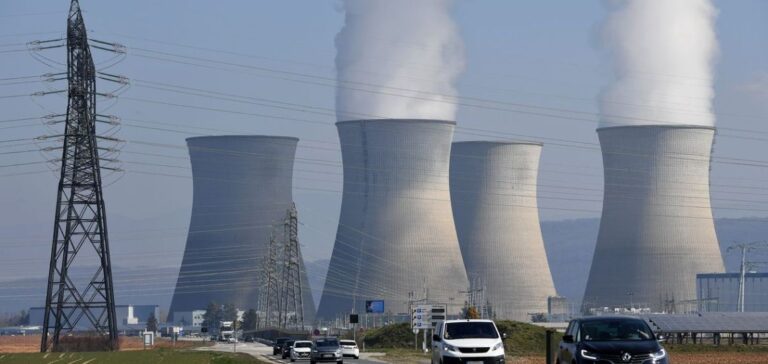A new initiative has been launched by fourteen European employers’ organizations to support the nuclear sector. The Nuclear Employers’ Alliance, led by the French Medef, aims to strengthen this industry within the European Union. This project echoes the global economic dynamics and political pressures, particularly with the return of Donald Trump to the White House, which could influence global trade relations. The stated goal is to boost the competitiveness of the EU in nuclear energy production.
Signatories and Objectives of the Alliance
The signatory organizations, from countries such as Belgium, Bulgaria, Italy, Poland, and Sweden, highlighted the importance of this initiative to address growing economic challenges. Although the UK, following Brexit, is no longer part of the EU, the British CBI also participated in launching the Alliance. The presence of observer countries such as Spain, Greece, and Portugal further reflects the growing interest in nuclear energy across the continent.
Political and Economic Pressure
The Nuclear Employers’ Alliance comes at a strategic time, just days before the European Commission’s presentation of its “Pact for a Clean Industry” on February 26, as well as the AI Summit in Paris. Economic pressure on the nuclear industry is heightened by issues of energy sovereignty and competitiveness in the face of sectors like AI, which are major energy consumers.
Technological Neutrality and Competitiveness
Patrick Martin, president of Medef, stated that the EU must adopt a “technological neutrality” approach, allowing the nuclear industry to grow without being penalized by restrictive technological choices. He stressed the need to avoid “micromanaging” energy solutions, particularly regarding nuclear energy. The Alliance has proposed integrating a clause guaranteeing this neutrality in future European directives. The signatories also emphasized the importance of developing skills in the nuclear sector. In France, the need to recruit up to 100,000 professionals to support an expanding nuclear program was highlighted.
Economic Diplomacy and Influence on Brussels
The president of the French Union of Electricity (UFE), Christian Buchel, expressed confidence that the Alliance would effectively exert pressure on Brussels. Economic diplomacy was presented as a key tool for advancing the European nuclear agenda. For the signatories of the Alliance, the goal is to influence European policies while ensuring the competitiveness of the industry against international competition. According to Fatih Birol, Executive Director of the International Energy Agency (IEA), Europe must act swiftly to maintain its central role in the global energy sector, underscoring the “comeback” of nuclear energy.
The next meeting of the Alliance will take place in Poland, where members will continue to develop their joint strategy to strengthen the European nuclear sector.






















